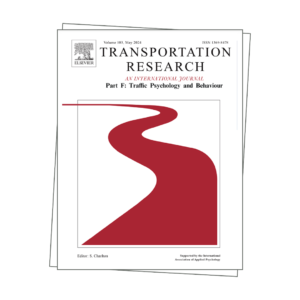This study synthesizes 91 peer-reviewed survey studies examining the public acceptance of Autonomous Vehicles (AVs). The framework of the study is informed by three questions: (1) How well do the collected samples represent the acceptance of the general population? (2) How often does bias exist in measuring public acceptance in AV’s questionnaires? (3) How much bias persists in reporting public acceptance of AV’s research? The findings indicate that (1) people with disabilities and racial minorities are only included in 10% and 20% of the studies, respectively (2) 50% of the studies present their questionnaire, and most are perceived to be biased as a result of systematic errors such as leading questions, missing questions, and suggestive information, and (3) 72% of the studies suffer from the sentiment bias, where the positive tone in the title and abstract is more significant than in the result. This leads to imprecise findings and unrealistic depictions of acceptance of autonomous vehicles by the public. The analysis alerts researchers and practitioners to empirical evidence of bias in public acceptance of autonomous vehicles and recommends preventive actions.
 PAVE US
PAVE US PAVE EUROPE
PAVE EUROPE PAVE UK
PAVE UK

